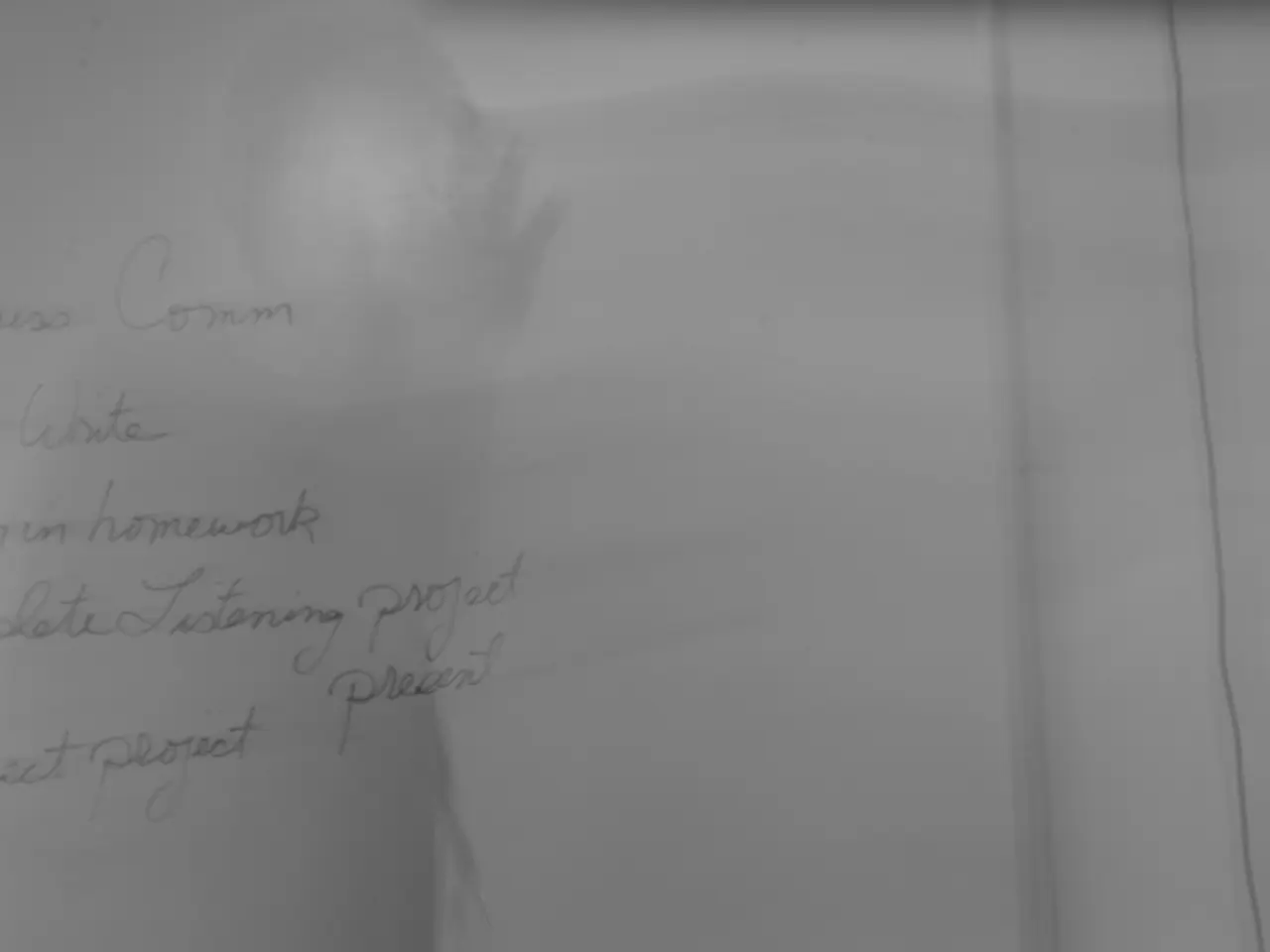Human Survival and the Impact of Confirmation Bias on Species Continuation
In the era of abundant information, confirmation bias - a cognitive bias that causes individuals to favour information aligning with their existing beliefs or values - poses a significant challenge to human survival. This bias can hinder adaptation to new information necessary for effective problem-solving and social cooperation, affecting everything from personal health choices to societal issues like climate change or public policy.
Confirmation bias can manifest in biased research, interpretation, and memory recall. It leads to individuals ignoring critical evidence that challenges their preconceived notions, limiting learning and growth. In some cases, it results in maintaining inaccurate or harmful beliefs, such as rejecting medical advice or ignoring scientific consensus.
Moreover, confirmation bias contributes to social polarization, as people cluster in echo chambers that reinforce shared views. This can exacerbate political polarization, causing individuals to interpret evidence differently based on political affiliations.
Despite these drawbacks, some researchers suggest that confirmation bias might sometimes serve social functions, helping individuals form social connections or cope by affirming a coherent worldview. However, this benefit is outweighed by the risks when critical thinking is required.
To overcome confirmation bias, it is essential to engage in active falsification, deliberately seeking information that could disprove your beliefs. Critical self-reflection, making a conscious decision to question your assumptions, is also crucial. Seeking diverse perspectives, engaging with people holding different viewpoints, can challenge entrenched beliefs and foster more comprehensive understanding.
Using structured decision-making tools, such as checklists, decision aids, or frameworks, can help make hidden biases explicit. Education about cognitive biases, including confirmation bias, increases the likelihood of recognizing and mitigating their effects in everyday decision-making.
Recognizing and mitigating confirmation bias is crucial for enhancing decision-making processes that affect human survival. In environmental challenges like climate change and resource depletion, confirmation bias can lead to resistance against scientific consensus. Understanding and addressing confirmation bias can enhance humanity's adaptability and resilience in the face of ongoing challenges.
In conclusion, while confirmation bias has been a part of human evolution, its impact on modern decision-making can be detrimental. Implementing strategies like active falsification and seeking diverse viewpoints can mitigate its impact and promote better individual and collective outcomes. By fostering critical thinking and encouraging openness to new ideas, we can enhance our adaptability and resilience in the face of the complex challenges of the modern world.
- Science, environmental-science, and health-and-wellness fields may suffer as a result of confirmation bias, potentially leading individuals to ignore critical evidence and reject medical advice or scientific consensus.
- In the realm of politics and general-news, confirmation bias can cause individuals to interpret evidence differently based on political affiliations, exacerbating political polarization.
- To promote better individual and collective outcomes, it's crucial to implement strategies like active falsification, seeking diverse perspectives, and encouraging openness to new ideas.
- As we navigate the complex challenges of the modern world, including climate change and social issues, recognizing and mitigating confirmation bias can enhance humanity's adaptability and resilience.








